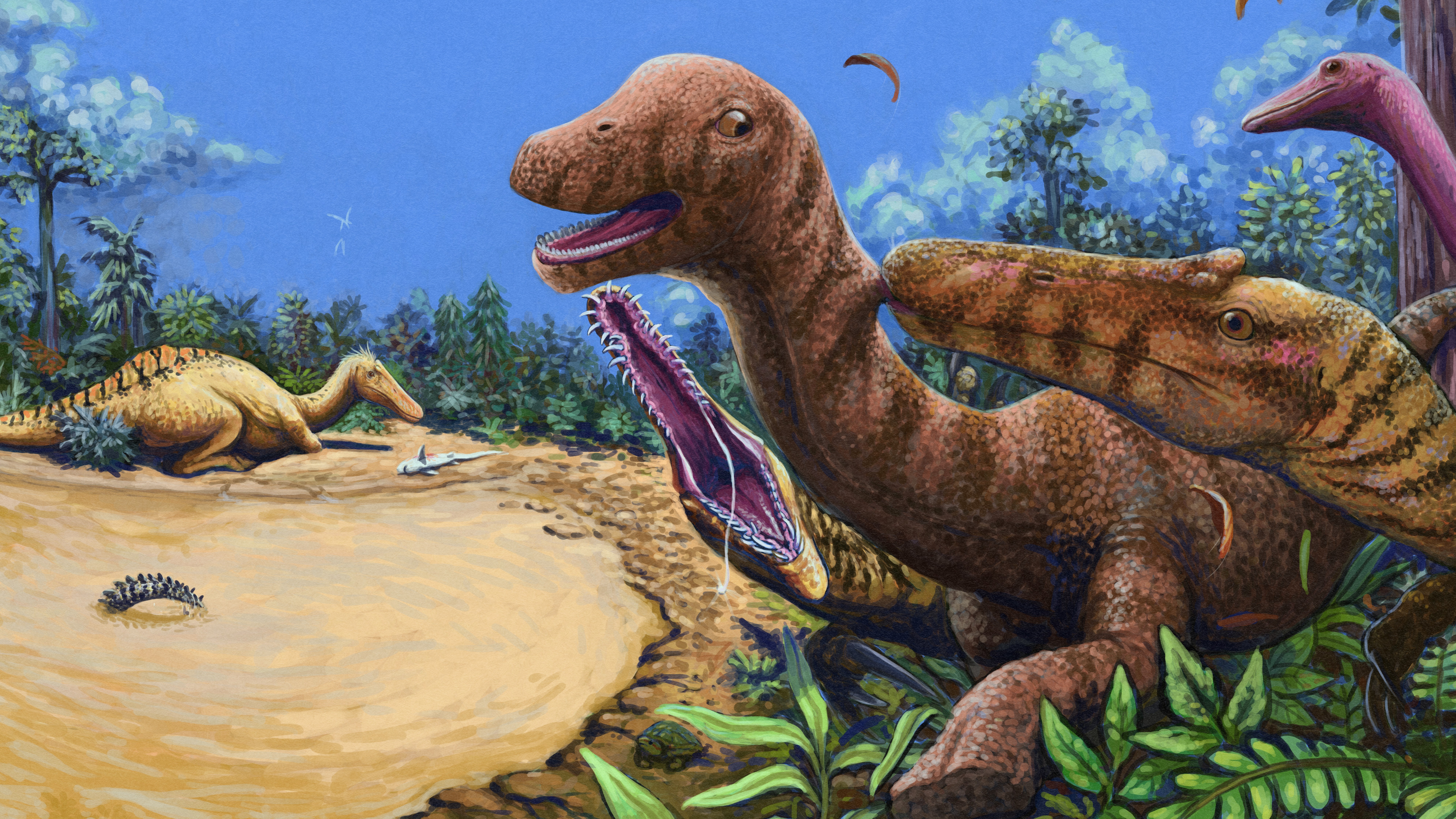Women Have Always Lived Longer, Study Finds

Men still aren't living as long as women — and that holds true for humans' primate cousins as well, a new study shows.
In the study, researchers looked at data from six populations of humans from both modern and historical times, in different countries. The investigators found that, "in spite of the huge gains in human longevity over the past century, the male-female difference has not shrunk," said Susan Alberts, a professor of biology at Duke University and a co-author of the new study.
The researchers did find that the the amount by which women outlived men varied across populations. For instance, the largest male-female difference in life span among the populations studied was in modern-day Russia, where the gap is approximately 10 years. Much smaller differences were found in other populations such as people living in modern-day Nigeria and India. [Extending Life: 7 Ways to Live Past 100]
Additionally, the scientists found that the gap for nonhuman primates was much smaller than it was for humans.
In the study, the researchers looked at the mortality of six different human populations that represented "the full range of human experience." The scientists drew information about three generally long-lived populations from a large international database called the Human Mortality Database, including the Swedish population from 1751 to 1759, the Swedish population from 2000 to 2009 and the Japanese population in 2012.
The researchers also looked at data from three populations with generally much shorter lives, including two modern hunter-gatherer populations, the Hadza of Tanzania and the Ache of Paraguay, as well as data from a population of freed slaves, who migrated from the U.S. to Liberia between 1820 and 1843.
For nonhuman primates, the researchers looked at data collected from six wild populations of sifakas, muriquis, capuchins, gorillas, chimpanzees and baboons, each with a population somewhere between about 400 and 1,500.
Get the world’s most fascinating discoveries delivered straight to your inbox.
Finally, the researchers also supplemented their data on humans by looking at smaller data sets from an additional 16 human populations, including people in Russia, China, India, the U.S. and other countries.
The study produced three major findings: First, in long-lived populations of humans, such as those of modern-day Japan and Sweden, people's average life spans are fairly consistent, meaning the age of death within populations is fairly similar in different countries: Most deaths in those countries occur when adults are between their late 70s and early 90s. In contrast, other primates' life spans are much shorter and highly variable.
Second, the difference in life span between the people living industrial societies and those living in hunter-gatherer societies was greater than the difference between the hunter-gatherers and the nonhuman primates. People living in industrial societies live 30 to 50 years longer than hunter-gatherers, but hunter-gatherers live only 10 to 30 years longer than nonhuman primates, the researchers found.
Third, the lives of females "tend to be longer and less variable" in length than the lives of males, the researchers found. [Wonder Woman: 10 Interesting Facts About the Female Body]
In all of the populations, the oldest individuals tended to be females, according to the study. However, for both nonhuman primates and the human populations with shorter life expectancies, the male disadvantage in life span appears to be relatively small.
The reason for this difference between males and females still isn't clear, the researchers said. But the existence of this difference in so many different groups of humans, as well as in nonhuman primates, suggests that the disparity has "deep evolutionary roots," the researchers wrote in their study.
One possible reason for the difference is "that men take more risks," Alberts told Live Science. If men's life spans are cut short by risk-taking behavior, it could explain the gap in longevity between men and women, as well as the greater variability in men's age of death as compared to women's, she said.
Another possibility is that testosterone plays a role, Alberts said. The higher levels of testosterone found in men may compromise their immune systems, which may affect how long they live, she said.
The study had several limitations, such as a relatively small sample size of nonhuman primate populations, the researchers noted.
The research was published today (Nov. 21) in the journal Proceedings of the National Academy of Sciences.
Originally published on Live Science.



